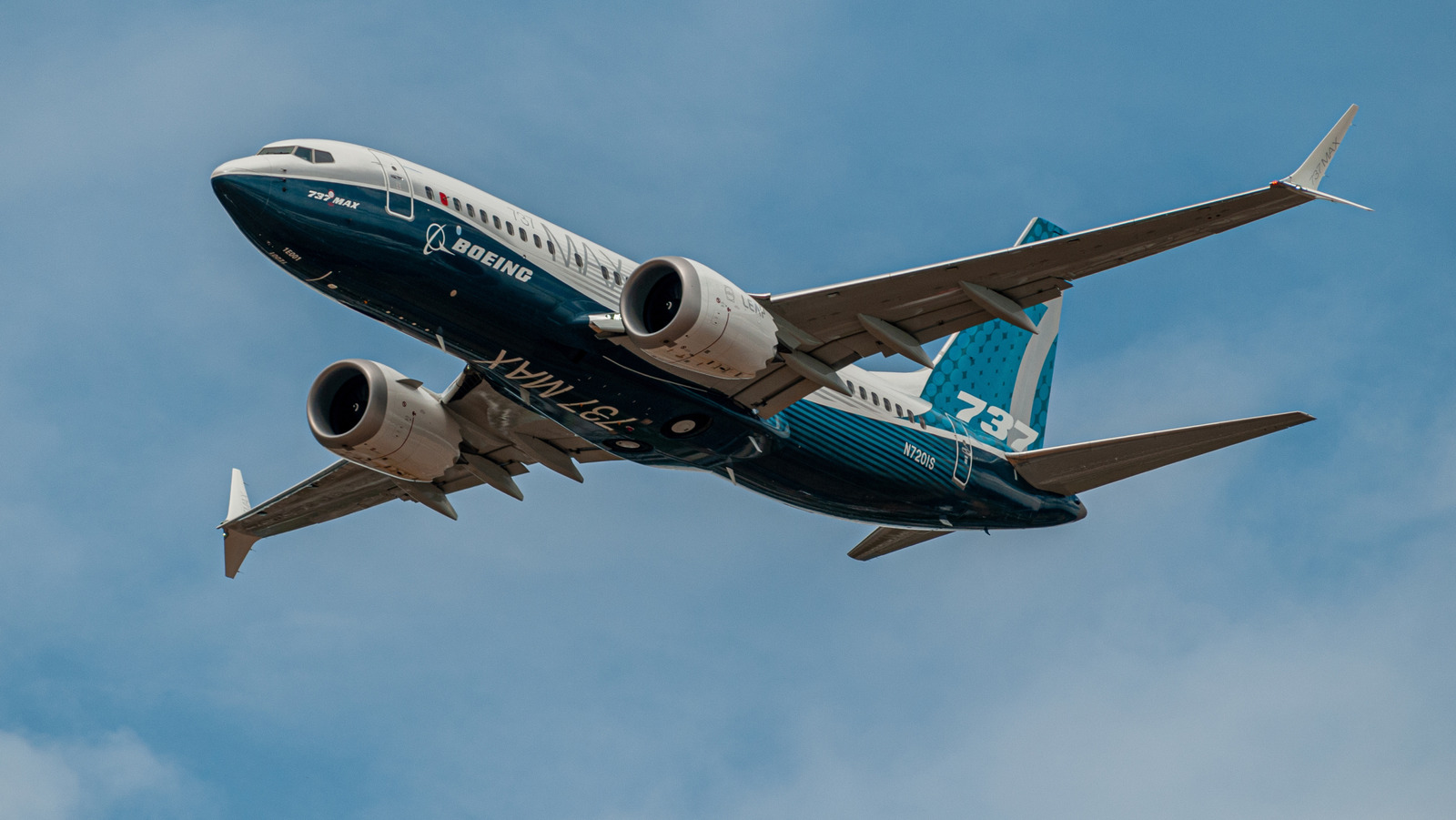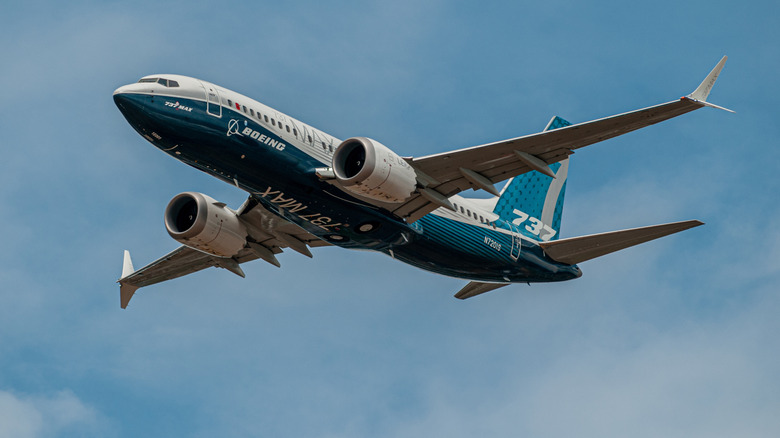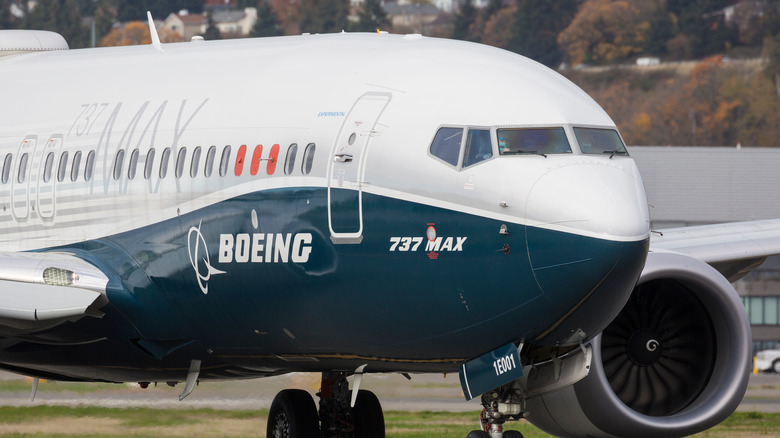According to a report by Simple Flying, Washington-based planemaker Boeing has told the Federal Aviation Authority that it no longer needs a safety exemption it was granted back in 2023, indicating that it plans to just fix the safety issue instead. The exemption related specifically to the 737 MAX 7, the shortest variant of the troubled aircraft, which is still uncertified for sales to clients.
The problem was that the Stall Management Yaw Damper (SMYD), which is meant to tell the pilots what the minimum and maximum safe speeds are at any given angle of attack, the wings hit the wind. Knowing what the safe speeds are is pretty important, so FAA regulations state that this system should be resistant to lightning and electronic interference. The 737 MAX 7’s version of the system didn’t meet that threshold, so in 2023, Boeing asked for (and received) an exemption until 2027.
Boeing has a habit of trying to work the refs rather than mechanically solve its problems, and this is right in line with that approach. Still, it was only a limited-time exemption anyway, meaning that the company was eventually going to have to actually, you know, fix the plane. Boeing appears to have done that ahead of schedule, which is why it simply doesn’t need it anymore.
The 737 MAX 7 vs. the FAA
Though the 737 MAX 8 and MAX 9 have been flying for years, the shorter MAX 7 and longer MAX 10 have been mired in the FAA certification process with no end in sight. In 2024, Boeing asked the FAA for a different safety exemption for the MAX 7, this one for the engine anti-ice system. Under pressure from Sen. Tammy Duckworth (D-IL) the company pulled the request, promising to, you know, fix the problem instead. Per CBS News, Duckworth said that “Boeing forfeited the benefit of the doubt long ago.” Ouch.
Naturally, this hasn’t actually stopped Boeing from asking for the benefit of the doubt, as it has asked for a second (different) exemption for its SMYD system on January 17. That’s a very particular time to ask for an exemption, just days before the inauguration of a new president and his administration. If the hope was that Donald Trump’s FAA would be kinder to Boeing than Joe Biden’s, it hasn’t quite panned out how it might have thought. This second request is still under review months later.
The future’s not looking much brighter for Boeing. Just this week in his confirmation hearing before the Senate Commerce Committee, Trump’s pick to head the FAA, Republic Airways CEO Bryan Bedford, said that he would hold Boeing “accountable.” Maybe not a coincidence, then, that the planemaker rescinded an exemption request.




